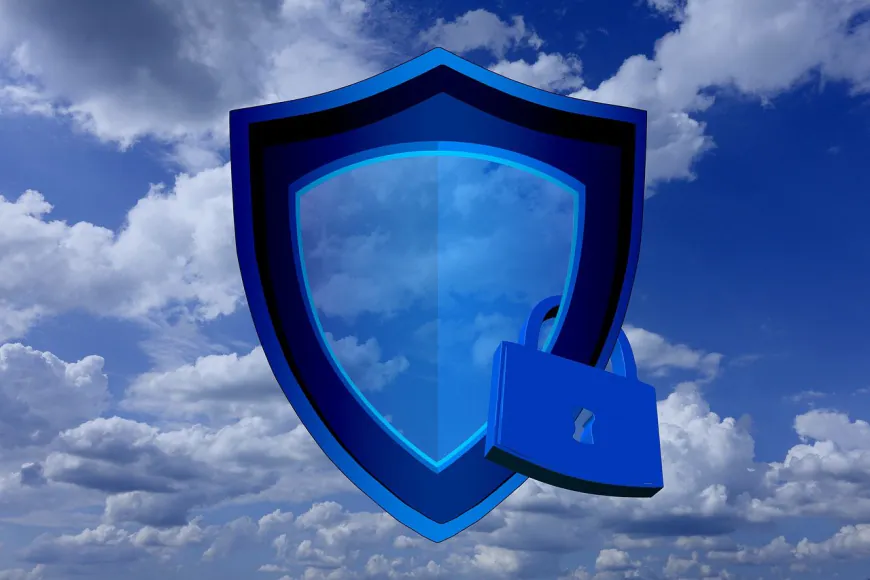Firewalls and VPNs Explained: How They Impact Your Internet Security and Privacy
Learn about the role of firewalls and VPNs in internet security. Understand their functions, limitations, and the impact on privacy for users in Pakistan and India.

In today's digital age, internet security is more crucial than ever. Terms like "firewall" and "VPN" are frequently mentioned in discussions about online privacy, but what do they really mean? This blog post'll explore these concepts, explain their functions, and discuss their implications for internet users in Pakistan and India. Whether you're a tech enthusiast or just someone concerned about your privacy, this guide will help you understand the basics in simple language.
What is a Firewall?
A firewall is a security system designed to monitor and control incoming and outgoing network traffic based on predetermined security rules. It acts as a barrier between your computer and potential threats from the internet, such as hackers or malicious software.
Key Points:
- Firewalls examine data packets' headers to determine their source and destination.
- Firewalls can't see the content of the data packets, only their origin and destination information.
- The term "firewall" often refers to Deep Packet Inspection (DPI) in Pakistan, which can see the content of data packets.
What Can a Firewall Do?
Firewalls can:
- Monitor network traffic and block suspicious activity.
- Prevent unauthorized access to private networks.
- Be configured to allow or deny traffic based on various security rules.
However, firewalls have limitations. For instance, they cannot see the actual content of encrypted packets, which brings us to our next point.
What is Deep Packet Inspection (DPI)?
Deep Packet Inspection (DPI) is an advanced method used by firewalls to go beyond basic inspection and look into the content of data packets. This allows it to filter and manage traffic based on the content of the packets, not just the headers.
Key Points:
- DPI can inspect the content within packets, unlike standard firewalls.
- It is used to enforce network security by monitoring and potentially blocking certain types of content.
- Encrypted content can sometimes bypass DPI, depending on the encryption strength.
VPNs and Their Role in Internet Privacy
A Virtual Private Network (VPN) is a service that encrypts your internet connection to secure your online activities. It hides your IP address and creates a secure tunnel for your data, making it difficult for third parties to track your online behavior.
Key Points:
- VPNs encrypt data, protecting it from being monitored or intercepted.
- They can change the apparent location of your internet connection, allowing users to bypass geographic restrictions and censorship.
- Governments can attempt to block VPNs, but many VPNs continually update their technology to avoid detection.
Can VPNs Be Blocked?
While VPNs offer a layer of security and privacy, they are not infallible. Governments and organizations can block VPN traffic, although it requires sophisticated techniques and often results in collateral damage, such as blocking other secure traffic unintentionally.
Impact of Blocking VPNs:
- Blocking VPNs can disrupt business operations, especially for companies relying on remote access.
- It can limit personal freedom by restricting access to certain websites and online services.
How to Detect If Your Device Is Compromised
If you suspect your phone or computer is compromised, there are several signs to watch for:
- Rapid battery drain: Unusual battery usage could indicate a malicious app running in the background.
- High data usage: An increase in data usage without corresponding activity might suggest unauthorized access.
Conclusion
Understanding the basics of firewalls, DPI, and VPNs can help you protect your online privacy and security. Stay informed and use reliable security tools to ensure your digital safety.









